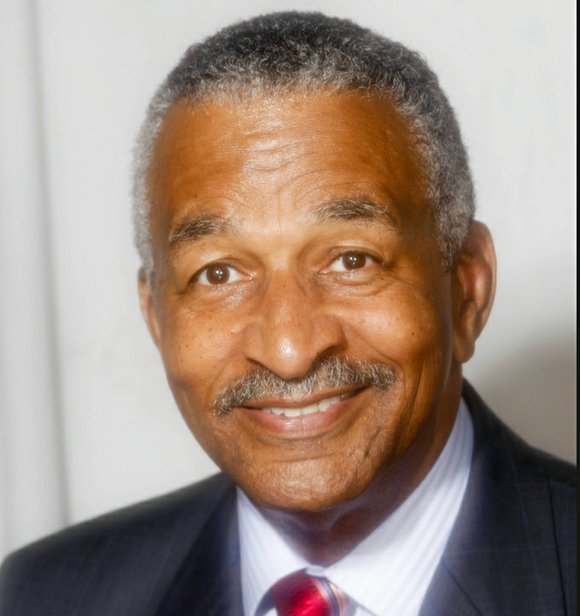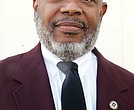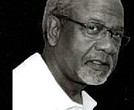50 years of economic futility
2/26/2015, 10:20 a.m.
James Clingman
During the 50 years from 1963 to 2013, black people have been on a virtual economic treadmill. Our relative economic position has not changed. Our unemployment rate consistently has been twice as high as the white unemployment rate. It was 5 percent for white people and 10.9 percent for black people in 1963. Today, it’s 6.6 percent forwhite people and 12.6 percent for African-Americans.
The typical white family had $134,200 in wealth in 2013, while black families had $11,000, which is lower than that of Hispanic families, at $13,700.
A recent Pew Research study indicates that the financial gap between black people and white people is the highest it has been since 1989. In 2010, the median wealth of white households was eight times higher than black households. Now it’s 17 times higher. The African-American economy, despite reports of robust economic growth, remains mired in a recession.
You awake yet? So what can we do about it? Don’t take that fatal leap of faith in thinking the government will take care of it. We must extrapolate a logical and appropriate response. We must do our part as individuals to contribute to the collective economic and political uplift of our people and future generations.
What do we have, as individuals, to contribute to our economic and political success? We have votes and we have dollars. And if we cast our votes with leverage and spend our dollars strategically, we can achieve parity. Let’s face it. To chase the illusion of economic “equality,” via income and wealth, will only keep us diverted from setting practical and achievable goals.
Dr. Martin Luther King Jr. was partially correct when he posited that by obtaining employment in white corporations and using either strategic consumption or boycotts as leverage, African-Americans could secure economic equality, just as we had secured civil rights. He was right about the leverage of our dollars, but wrong about the result of us getting jobs in corporate America. The above statistics prove that. Chasing equality instead of parity is futile, in that we are always chasing someone else’s standard, a standard that can be elevated at any time, thus never to be attained.
We must use our own intellectual and financial capacity to change our shameful and static economic position in this nation. Fifty years of chasing an illusion are enough.
We must gather enough conscious, independent-thinking voters who will cast their votes as a bloc for the candidate who supports our best interests. Enough with the pre-election condescending rhetoric, kiss- ing our babies and coming to our churches at election time. Candidates must explicitly state their support of our issues and follow through on that support.
We must save more money, irrespective of how much or how little we have. We must own property, or at least rent from one another. African-Americans collectively lost between $164 billion and $213 billion in housing wealth as a result of the sub-prime debacle. Therefore, we also must invest in stocks and not tie all of our assets to real estate. We must find ways to decrease or eliminate our reliance on college loans, which will be a generational albatross around the necks of our youth, their parents and even grandparents. And while we are at it, we should be petitioning the government for a massive student loan bailout — you know, the way the banks got bailed out of their debt.
Finally, go to www.iamoneofthemillion.com and sign up, and let’s get on the road to true freedom.
Jim Clingman is the founder of the Greater Cincinnati African American Chamber of Commerce.







